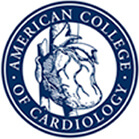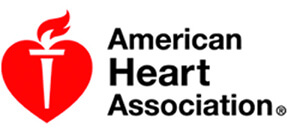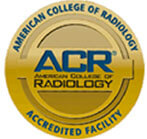How Much Should You Worry About Your Triglyceride Level?
- Posted on: Jul 16 2022
When it comes to heart disease prevention, how important are triglyceride levels?
We may worry about it more as we get older, but most of us learn early on that it is important to prevent the development of heart disease. Recently, the COVID pandemic has been front and center for all of us. During the past year or so, the United States has lost more than 600,000 people to the virus, which seems almost unimaginable. Without minimizing that in any way, there are around 647,000 deaths in the U.S. every year from heart disease.
One out of every four American deaths is due to heart disease, which puts it at the very top of the list for all causes of death. Because death affects more than the individual, we have all been impacted by the pain and loss associated with heart disease. This makes it essential for everyone to learn about the risk factors that increase the likelihood of developing this condition.
Most people are familiar with the dangers of hypertension (high blood pressure) and elevated levels of cholesterol. We know that uncontrolled high blood pressure can damage the walls of the arteries. We may not really have a firm grasp on the difference between HDL and LDL, but we know that too much of the bad cholesterol (LDL) can cause fatty buildups in our arteries and those blockages can result in heart attacks and strokes.
We also know that it’s important to watch our triglyceride levels. That said, we probably don’t know that a third of all American adults have levels of triglycerides that are considered high and that many believe this can lead to heart disease, heart attacks, and strokes. In fact, it’s likely that most of us could not even tell you what triglycerides are or how to control them.
What Are Triglycerides?
When we consume more calories than our body needs right away, the excess is converted into triglycerides and ends up being stored in our fat cells. If we require energy before our next meal, triglycerides are released by hormones to fulfill that function. Since all too often there is not enough time between meals or snacks for that process to be initiated, we end up with overly high levels of stored triglycerides, or hypertriglyceridemia.
The American Heart Association recommends that everyone should be aware of their triglyceride numbers, and, in addition to cholesterol testing, all adults should get tested regularly for triglyceride levels. The national guidelines, which are based on tests taken following a period of fasting, are:
- normal: below 150 mg/dL (milligrams per deciliter, which is one-tenth of a liter)
- borderline: 150 mg/dL to 199 mg/dL
- high: 200 mg/dL to 499 mg/dL
- very High: 500 mg/dL or higher
Recommendations for Lowering Triglyceride Levels
Sometimes high triglyceride levels are due to taking a particular type of medication or the result of a condition like hypothyroidism. Often, though, lifestyle choices play a major role. The good news about that is that these choices are under our control. Some of the most common recommendations for lowering triglyceride levels include:
- get plenty of exercise
- lose weight
- avoid sugar and refined carbohydrates
- avoid saturated and trans fats and foods with hydrogenated fat or oil
- eliminate or reduce alcohol to no more than two drinks per day for men and one for women
At Cardiovascular Wellness, our mission is to provide outstanding, timely, and personalized care to all of our patients. We are committed to improving your quality of life by designing a comprehensive plan of heart care, individualized to your needs. Information on locations and office hours for Cardiovascular Wellness can be found by clicking here.
Posted in: Heart Disease





